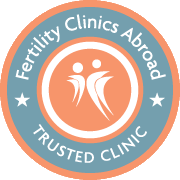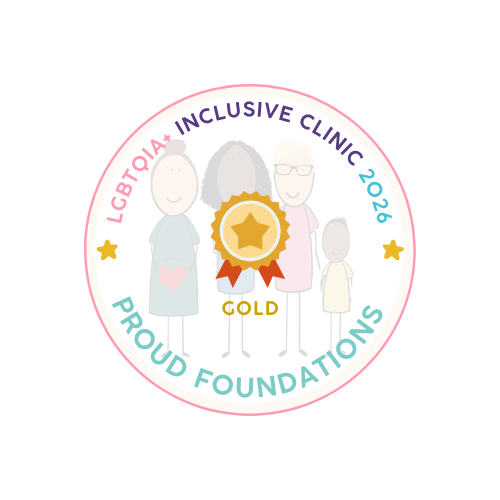Can I get pregnant despite having endometriosis?
by Chrysa Karakosta, last updated 16 Dec 2021,
3 min read
Endometriosis is an inflammatory medical condition seen in women and occurs when tissue from the endometrial lining is also seen to develop outside the uterus (on the fallopian tubes, the ovaries and throughout the pelvis). This tissue develops in a similar fashion to the endometrial lining and therefore when a woman has her period, along with the endometrial lining that sheds, this lining also breaks down, leading to bleeding in the pelvis. This may then lead to the formation of adhesions. When the ovaries are affected, cysts may form, that are called endometriomas and this can significantly affect fertility.
Endometriosis is a disease that affects 1 in 10 women during their reproductive years and is considered by many doctors the invisible ‘enemy’ in women trying to conceive naturally. However, one factor that needs to be pointed out is that even women with severe endometriosis can still have a baby even naturally.
The reasons why women with endometriosis might experience infertility are still unclear. Researchers have found that endometriosis may affect as many as one in every two women facing infertility.
Symptoms of endometriosis may be:
- Pelvic pain
- Acute menstrual cramps
- Painful periods
- Pain during sexual intercourse
- Heavy periods and spotting between cycles
- Irregular cycles
- Painful urination and bowel movements, especially during menstruation.
Research supports that 20% to 25% of those women do not have any symptoms, therefore it may be possible that they suffer from mild endometriosis.
Investigations used to detect endometriosis include:
- Pelvic exam
- Ultrasound
- Magnetic resonance imaging (MRI)
- Laparoscopy
It is encouraged for women with endometriosis to try and conceive naturally for six months. If they are unsuccessful a fertility specialist should be consulted. In women over the age of 35, suffering from endometriosis, it is recommended that they seek assistance as the chances to conceive on their own after this age gradually declines.
The positive news is that there are treatments available for women suffering from endometriosis. The path that a woman should follow is individual and therefore the below does not apply to all women:
-
Laparoscopic surgery can be used to diagnose and remove mild to moderate endometriosis. It is important to note that even if endometriosis is ‘cleared’ that a women may face a relapse and therefore this approach should be performed with great care so as to not damage the ovaries and hence the ovarian reserve or the blood flow to the ovaries, in women wishing to have children.
Depending on the laparoscopic findings, endometriosis is categorised into 4 stages:
- Stage 1 (minimal)
- Stage 2 (mild)
- Stage 3 (moderate)
- Stage 4 (severe)
-
Intrauterine Insemination (IUI). This fertility treatment is the first method that can be used if sperm parameters are normal and only if we are dealing with stage 1 or 2 of endometriosis.
-
In Vitro Fertilisation (IVF). This is the second method of fertility treatment that can be applied if IUI is unsuccessful and in cases of moderate to severe endometriosis. Eggs and sperm are combined in the lab and then the embryos are placed in the uterus. It is the approach that offers the highest and fastest success rates.
There is no cure for endometriosis, but there are treatments that can improve the symptoms. These involve the use of the Birth control pill, patches and vaginal rings, Gonadotropin-releasing hormone (Gn-RH) agonists and antagonists, progestin therapy and aromatase inhibitors. Surgical removal of endometriosis may be used to those whose symptoms cannot be faced with other treatments or in some cases to reduce the inflammation to those who wish to achieve a pregnancy.
The good news is that there are many women every day with endometriosis who conceive and deliver a healthy baby. The key element to success is for women to seek advice early. Newlife IVF Greece has the expertise with women suffering from endometriosis, so if you wish to hear our recommendations, please do book a free medical consultation.

Chrysa Karakosta, BSc, MSc
Chrysa is the International Department Director at Newlife IVF Greece, in Thessaloniki Greece.











